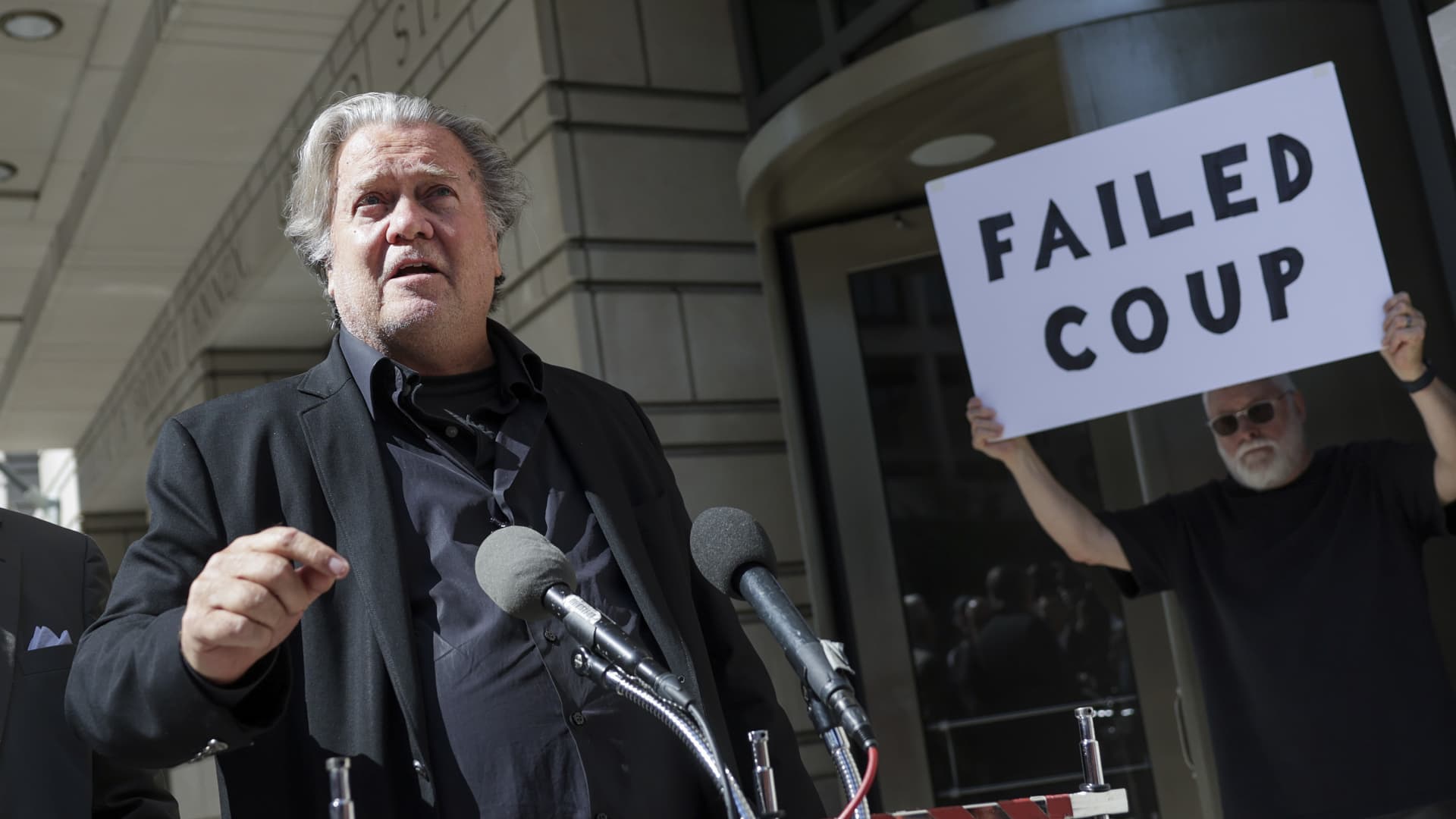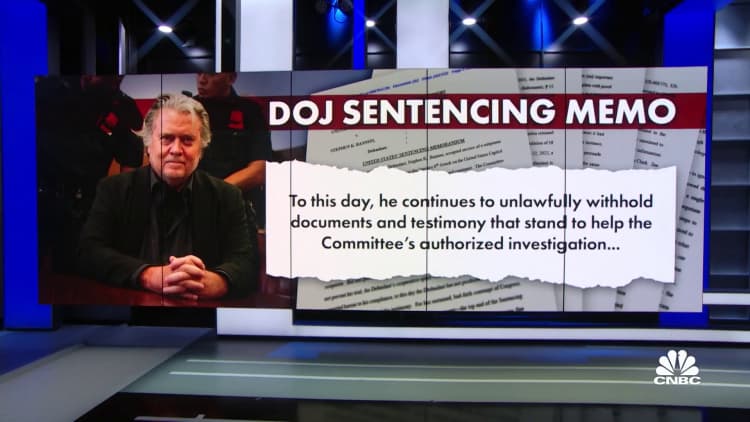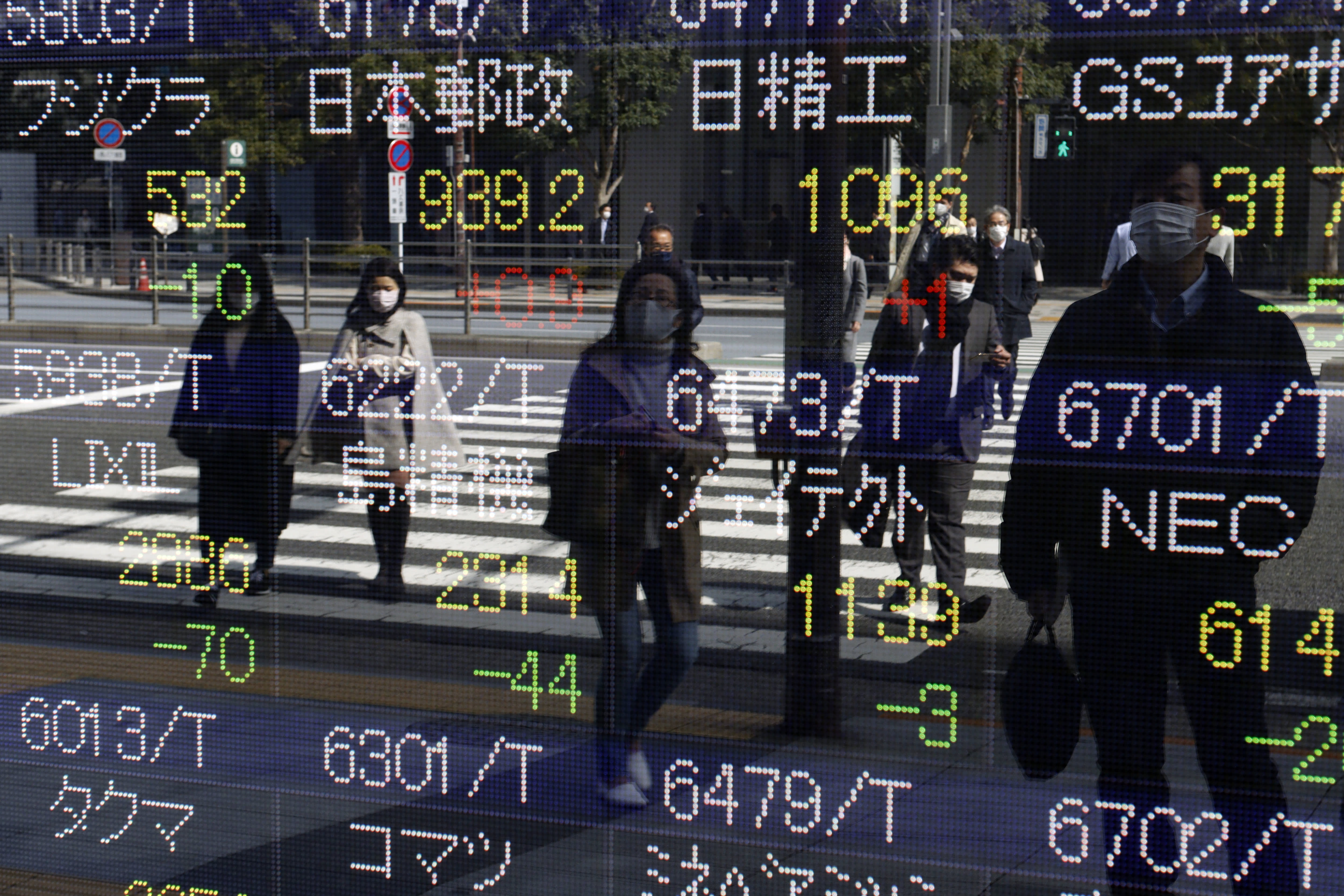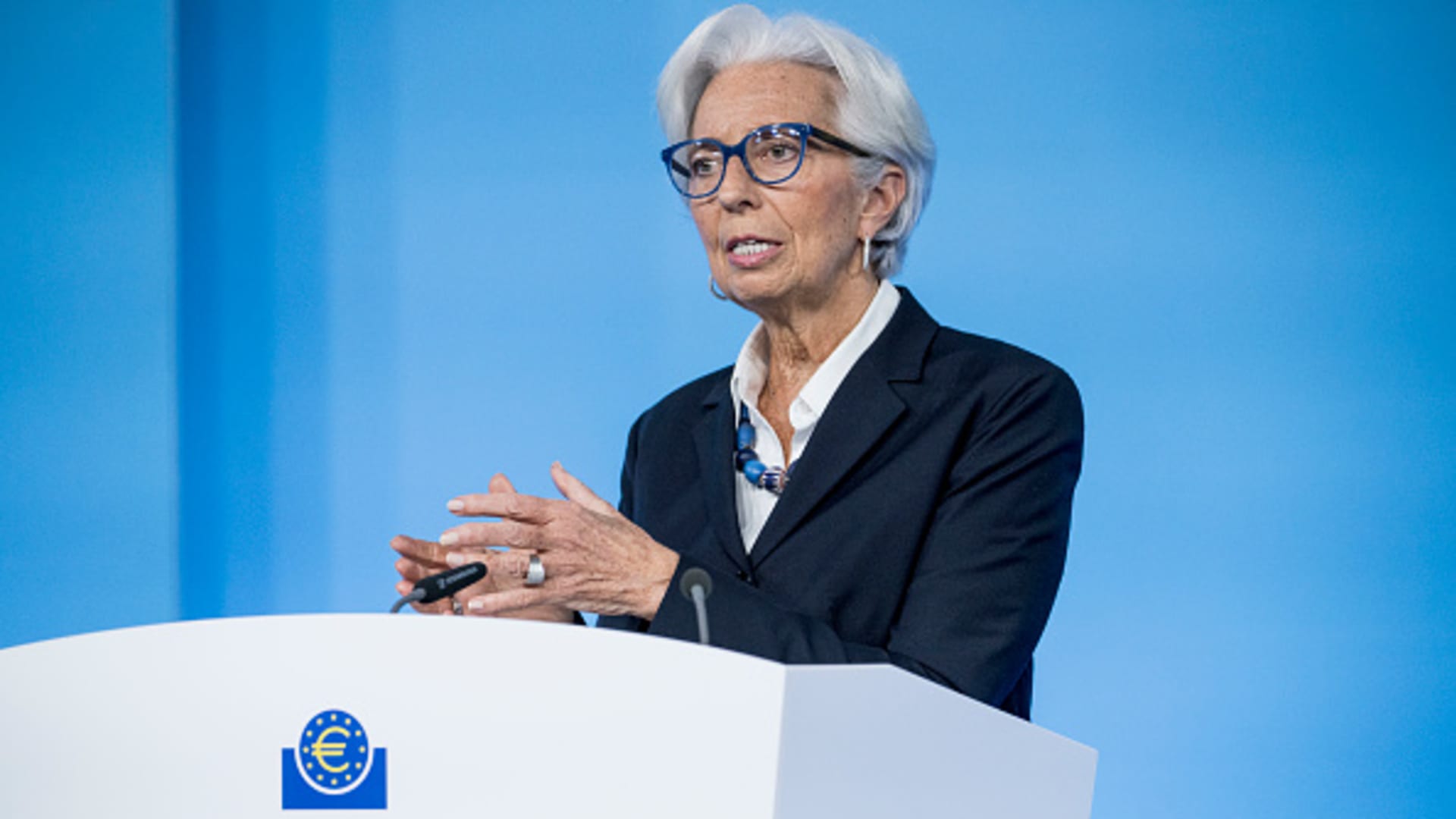DOJ wants Steve Bannon jailed for 6 months for contempt of Congress, but ex-Trump aide asks for probation
Federal prosecutors recommended Steve Bannon get six months in jail for defying a subpoena from the congressional probe of the Jan. 6 Capitol riot.


Federal prosecutors recommended Monday that former Trump White House aide Steve Bannon face six months in jail and a $200,000 fine for defying a subpoena from the congressional probe of the Jan. 6 Capitol riot.
Bannon, who is set to be sentenced Friday, asked the federal court to sentence him to probation. His lawyers also asked to stay any sentence imposed pending the outcome of an appeal.
Bannon "has pursued a bad-faith strategy of defiance and contempt" from "the moment" he was served the subpoena, the Justice Department wrote in a sentencing memorandum in U.S. District Court in Washington, D.C.
The recommended jail term came in at the top end of the federal sentencing guidelines. Prosecutors said Bannon deserved the longer sentence "because a person could have shown no greater contempt than the Defendant did in his defiance of the Committee's subpoena." They also recommended the maximum fine.
Steve Bannon, advisor to former President Donald Trump, speaks to the media as a protester stands behind him, outside of the E. Barrett Prettyman U.S. Courthouse on June 15, 2022 in Washington, DC.
Kevin Dietsch | Getty Images
Bannon is set to be sentenced one year to the day since the House voted to hold him in contempt of Congress for refusing to comply with a House select committee's subpoena for documents and testimony. Bannon was indicted in November on two criminal counts and convicted after a federal trial in July.
"The factual record in this case is replete with proof that with respect to the Committee's subpoena, the Defendant consistently acted in bad faith and with the purpose of frustrating the Committee's work," the prosecutors wrote in their sentencing memo.
The select committee sought Bannon's testimony as part of its investigation into the Jan. 6, 2021, riot, when a violent mob of former President Donald Trump's supporters stormed the U.S. Capitol. Trump and many of his allies, including Bannon, falsely claimed for months before the riot that the election was rigged for President Joe Biden.
Bannon's lawyers justified his refusal to comply with the subpoena by citing Trump's claims of executive privilege, which can allow a president to prevent the release of certain White House documents or communications. Prosecutors rejected that argument. In their latest court filing, they described it as merely "a cover for his contempt."
Bannon's attorneys argued Monday that he should not be jailed for simply relying on the advice of previous lawyers.
"The facts of this case show that Mr. Bannon's conduct was based on his good-faith reliance on his lawyer's advice," it read.
In October 2021, Bannon's lawyer at the time, Robert Costello, advised him not to respond to the subpoena after receiving a letter from Justin Clark, one of Trump's attorneys. Clark's letter instructed Bannon not to share any privileged material with the committee.
The committee rejected Costello's stance, but Bannon did not appear for his scheduled deposition on Oct. 14, 2021. Clark clarified to Costello that Trump was not advising Bannon to defy the committee's subpoena. Costello responded in an email: "President Trump's invocation of those privileges absolutely limits Mr. Bannon's ability to testify before Congress and provide documents."
Bannon reversed course days before his trial, saying he was willing to testify because Trump had agreed to waive his claim of executive privilege.
But the DOJ called that a "stunt" and a quid pro quo, noting that Bannon's willingness to testify was based on the condition that the trial be delayed and dismissed.
"When the Defendant's eleventh-hour attempt to derail his trial failed, he never made any further attempt to comply with the subpoena—continuing up to this day," the DOJ wrote in Monday's filing.
They also criticized Bannon, who hosts a right-wing online talk show, for disparaging members of the committee in the media. Prosecutors said his rhetorical attacks "confirm his bad faith."
Bannon is also refusing to provide financial information to probation officers, instead telling them that he would prefer to pay the maximum fine, the prosecutors alleged.
"So be it," they wrote.
CNBC Politics
Read more of CNBC's politics coverage:
Here are the top Senate races to watch in the 2022 midtermsDemocrats in key Senate races have more cash to spend than Republicans in the final midterm pushDOJ seeks 6 months in jail, $200,000 fine for Steve Bannon for contempt of CongressTransUnion, Equifax, Experian may have violated credit reporting rules, Rep. Jim Clyburn saysTrump won't be the Republican nominee in 2024, ex-GOP House Speaker Paul Ryan predictsJan. 6 Capitol riot probe obtained records showing multiple calls between Secret Service and Oath KeepersSupreme Court denies Trump bid to void ruling in Mar-a-Lago raid documents caseTreasury's Yellen says Russia's war has weakened its economy 'for years to come'North Korea flies warplanes near border and tests another ballistic missileTreasury investigates whether Florida used Covid aid to fly migrants to Martha's VineyardJury recommends life in prison without parole for gunman, rejects death penaltyBiden's national security plan identifies Russia as imminent danger, China as long-term threatJudge denies Trump request to delay deposition in E. Jean Carroll rape defamation caseWarnock leads Walker, but Georgia Senate race is unchanged after abortion payment allegation, poll showsBannon's refusal to comply with the probe was "aimed at undermining the Committee's efforts to investigate an historic attack on government," the prosecutors wrote.
"The rioters who overran the Capitol on January 6 did not just attack a building—they assaulted the rule of law upon which this country was built and through which it endures. By flouting the Select Committee's subpoena and its authority, the Defendant exacerbated that assault," their memo said.
"Respect for the rule of law is essential to the functioning of the United States government and to preserving the freedom and good order this country has enjoyed for more than two centuries," prosecutors wrote. "The Defendant's bad-faith strategy of defiance and contempt deserves severe punishment."

 Konoly
Konoly 






























